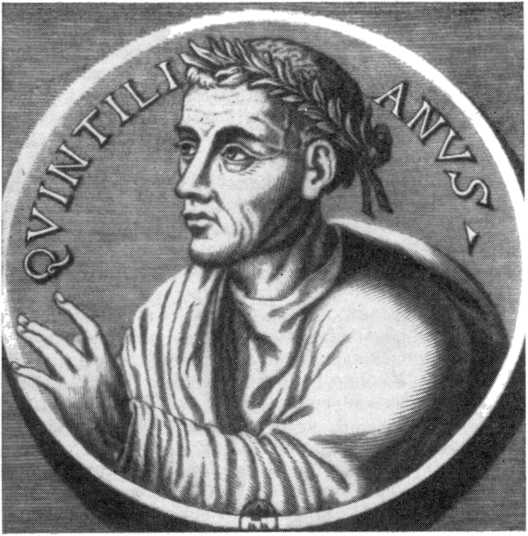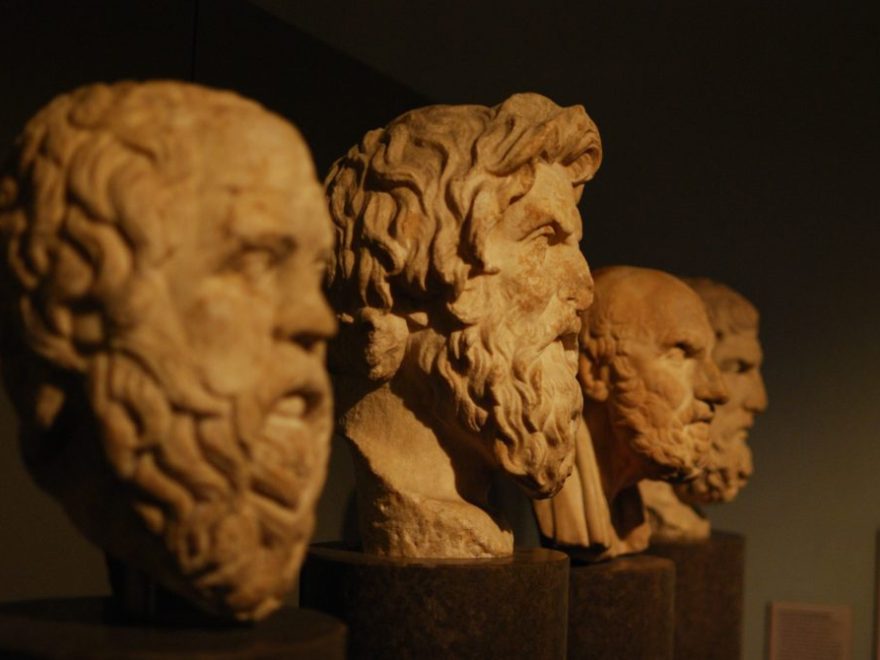Tag: trivium
-

What Bloom’s Left Out: A Comparison with Aristotle’s Intellectual Virtues
In the last three articles in this series, I laid out the good, the bad and the ugly of Bloom’s Taxonomy. After the last two posts it is perhaps worth reaffirming the value of Bloom’s project. While I ultimately believe that Bloom and his colleagues may have done more harm than good, I do affirm…
-

Human Development, Part 2: All the World’s a Stage
That one essay – you know the one that got this whole educational renewal movement going – needs to be reevaluated. I am talking about the essay “The Lost Tools of Learning” by Dorothy Sayers. Her approach reminds me of Galadriel’s speech in the prologue to The Lord of the Rings movies, “Much that once…
-

Why the History of Narration Matters, Part 2: Classical Roots
In my last article I shared the first piece of why the history of narration matters: it has the potential to break down the barrier between the Charlotte Mason community and classical educators. There are some notable exceptions who have tried to cross the aisle, but for the most part these two groups have kept…
-

Teaching Confident Faith in an Age of Religious Uncertainty
Christianity, as a global religion, is at a crossroads. On the one hand, it remains the largest religion in the world: 31% of the world’s population is Christian, and sociologists predict this percentage to increase to 32% by 2060. [1] On the other hand, the religion is experiencing notable decline in the West. In 2010,…
-

Charlotte Mason and the Liberal Arts Tradition, Part 1: Mapping a Harmony
“What has Athens to do with Jerusalem?” the church father Tertullian skeptically asked. Tertullian was writing at a time in which church leaders were weighing the pros and cons of mining the Greco-Roman philosophical tradition for insights they could utilize in the development of a distinctively Christian philosophy. Similarly, within the Christian classical school movement,…
-

Writing on Purpose: How Ought We to Instruct Young Writers?
To teach writing is to teach an art form. It takes lots and lots of practice to write well. The way we think about writing can sometimes limit students, so that they don’t gain the practice they need to write effectively. In order to write effectively there are three concepts that should guide our goals…
-

The Flow of Thought, Part 5: The Play of Words
“Words, words, words.” Such was the enigmatic reply of Hamlet to Polonius’ question, “What do you read, my lord?” And as always, Hamlet’s feigned madness displays the ironical insight of a verbal sense of humor. After all, what is anyone reading these days, but merely words, words, and more words? Of course, Polonius interprets this…
-

The Flow of Thought, Part 4: The Seven Liberal Arts as Mental Games
There’s a lot of talk these days about the war between STEM and the liberal arts (which we are meant to understand as the humanities generally). Often this gets posed as a trade-off between a utilitarian education—training our future engineers, scientists and programmers—vs. a soft education in human skills and cultural awareness. Given the hype…


